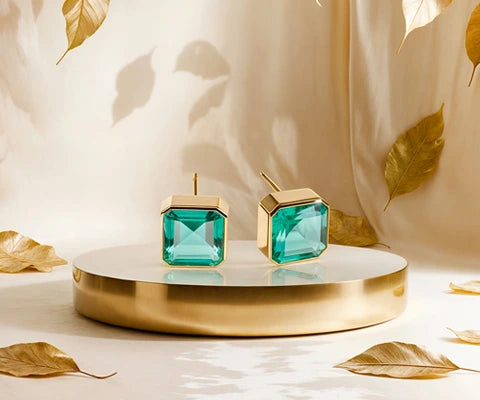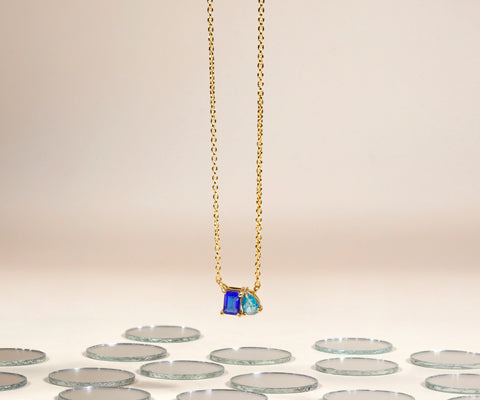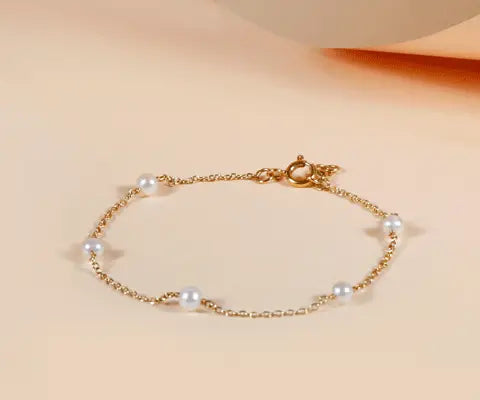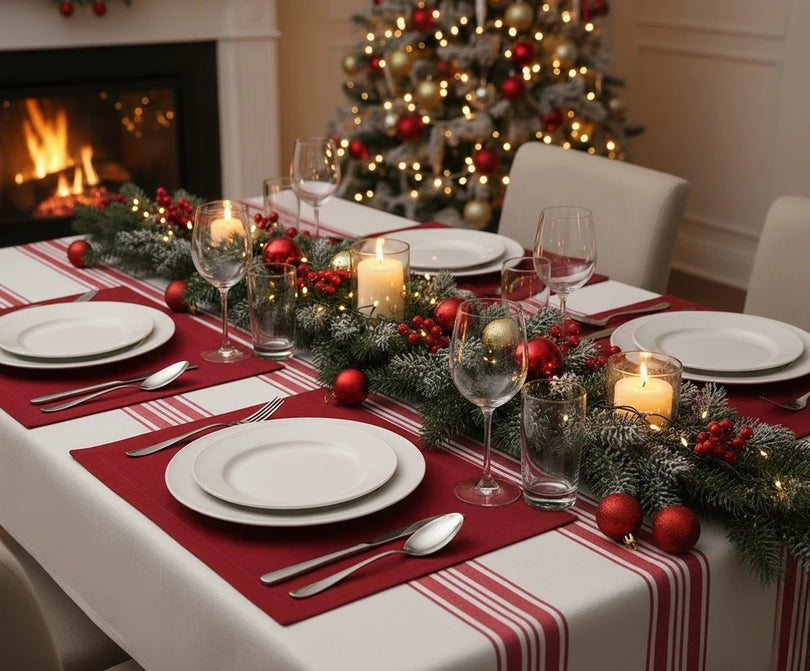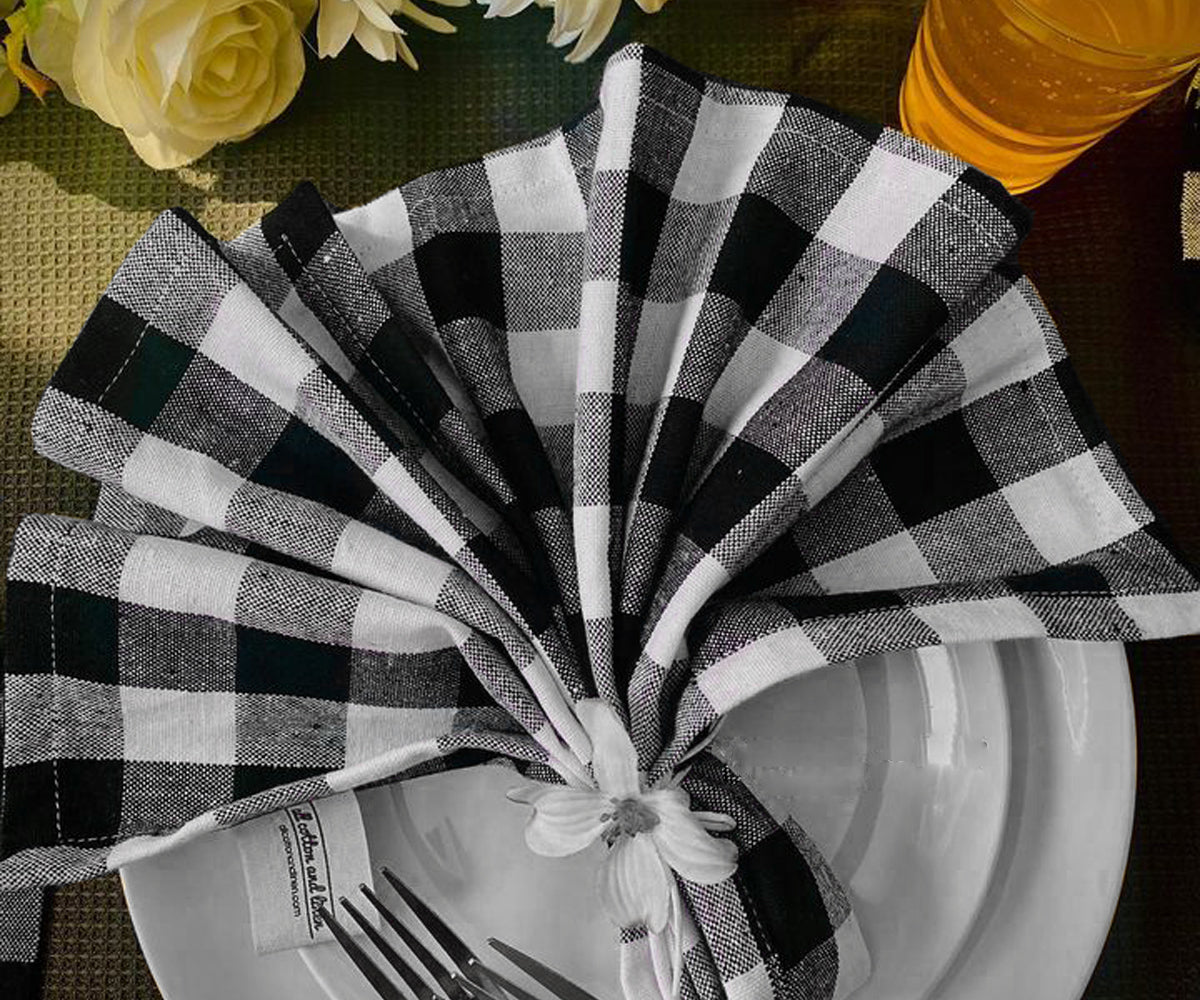1. Choosing the Right Tablecloth
The tablecloth sets the stage for the entire table setting and can significantly influence the overall atmosphere of your dining event.
- Formality: For formal occasions, such as weddings or holiday dinners, opt for a crisp and elegant tablecloth in beige and cream. These colors provide a classic, timeless look and can easily be dressed up with elegant accessories like fine china and polished cutlery. If you prefer something with a bit more texture, consider a tablecloth with subtle embroidery or a satin finish.
- Casual Gatherings: For more relaxed meals, like a family brunch or a summer barbecue, you can use a colorful or patterned tablecloth. Fabrics like cotton or linen with fun prints or vibrant colors can create a lively atmosphere. Patterns such as plaid or stripes add a touch of whimsy and informality.
- Size and Fit: Ensure your tablecloth is the right size for your table. It should hang over the edges by at least 6 to 12 inches for a well-draped look. If you're using a table runner, it should be centered and run the length of the table, complementing the tablecloth without overwhelming it.
2. Selecting Dinnerware
Your choice of dinnerware affects both the aesthetics and functionality of your dining setup. Here’s how to select the right pieces:
- Formal Setting: For a sophisticated look, choose fine china or porcelain with a classic design. Options with gold or silver trim add a touch of luxury. These materials are durable and look refined, making them ideal for special occasions. Match the dinner plates with soup bowls, salad plates, and dessert plates for a cohesive look.
- Casual Setting: For everyday use or casual meals, stoneware or melamine are practical choices. These materials are sturdy and often come in a variety of colors and patterns. Stoneware has a rustic charm, while melamine is lightweight and resistant to breakage, making it great for outdoor dining.
- Mix and Match: If you enjoy a more eclectic style, mix and match different dinnerware pieces. Combine a solid-colored plate with patterned bowls or use various textures to create visual interest. Just be sure the combinations complement each other rather than clash.
3. Arranging Flatware
Proper flatware arrangement not only looks elegant but also ensures functionality throughout the meal. Follow these guidelines:
- Basic Rule: Place forks to the left of the plate, with the salad fork on the outside and the dinner fork closer to the plate. Knives and spoons go to the right, with the knife’s blade facing the plate and spoons next to it. If you’re serving multiple courses, arrange utensils from the outside in, starting with those used for the first course.
- Special Utensils: For events with multiple courses, such as a formal dinner, include additional utensils like a fish fork or dessert spoon as needed. Place them in the order they will be used, ensuring they are easily accessible for guests.
- Presentation: Ensure all flatware is polished and free from fingerprints or spots. A well-set table with gleaming utensils adds to the overall presentation and helps create a sophisticated dining experience.
4. Adding Glassware
Glassware complements your meal and adds to the table’s visual appeal. Here’s how to choose and arrange it:
- Wine Glasses: Use specific glasses for different types of wine. Red wine glasses are typically larger and allow the wine to breathe, while white wine glasses are narrower, preserving the crispness of the wine. For formal settings, include a separate champagne flute for sparkling wines or champagne.
- Water Glasses: A clear crystal or glass water tumbler adds elegance to the table. Ensure the glasses are clean and free from water spots to maintain a polished look.
- Placement: Position the wine glasses above the knives and the water glasses above the forks. For a balanced appearance, arrange glasses symmetrically and ensure they are easily reachable for all guests.
5. Napkins and Holders
Cloth Napkins are both functional and decorative. Consider these tips for an elegant touch:
- Folding Styles: Experiment with different folding styles to enhance the table’s look. The fan fold is simple yet elegant, while the pocket fold can hold a menu card or silverware for a sophisticated touch. For a touch of whimsy, try a bloom fold that resembles a flower.
- Napkin Rings: Select napkin rings that match the theme of your event. For formal occasions, opt for silver or gold rings with intricate designs. For casual settings, fabric or wooden rings with simple designs can be charming and practical.
- Placement: Position napkins to the left of the forks or place them on the dinner plates. Ensure they are neatly folded and properly aligned for a cohesive look.
6. Centerpieces
The centerpiece draws attention and sets the tone for the table. Here’s how to choose and arrange it:

- Seasonal Themes: Use seasonal flowers or fruits to reflect the time of year. For spring, consider a vase of fresh tulips or daffodils. In autumn, a bowl of apples or a small pumpkin can enhance the seasonal feel.
- Height and Scale: Choose a centerpiece that is low enough to allow easy conversation across the table. Avoid items that obstruct the view or make it difficult for guests to see each other. For larger tables, you can use multiple smaller arrangements or a large, low bowl.
- Arrangement: Ensure the centerpiece complements the tablecloth and dinnerware. Use simple arrangements that don’t overpower the table’s aesthetic or interfere with the meal.
7. Lighting and Ambiance
Lighting is crucial in creating the right mood for your dining experience:

- Candles: Incorporate candles for a warm and inviting atmosphere. Tea lights are great for a subtle glow, while pillar candles can serve as a focal point. Consider using scented candles for an added sensory experience, but ensure the scent isn’t too strong.
- Ambient Lighting: Use soft, diffused lighting to create a comfortable and intimate setting. Avoid harsh, direct lighting that can be unflattering. String lights or chandeliers can add a touch of elegance for special occasions.
- Mood Lighting: Adjust lighting based on the time of day and the type of event. Dimmed lights can create a cozy atmosphere for a dinner party, while brighter lights are suitable for casual meals or daytime gatherings.
8. Place Cards and Menu Cards
Personal touches make your table setting unique and engaging:
- Place Cards: Create handwritten place cards for each guest to indicate their seat. This small touch adds a personal element and can make guests feel special. Use calligraphy or neat handwriting for a refined look.
- Menu Cards: Provide a menu card detailing the courses of the meal. This is particularly useful for multi-course dinners or themed events. The menu can be printed or handwritten and placed at each guest’s seat or at the center of the table.
- Design: Choose designs that match the overall theme of your table setting. Elegant fonts and simple designs can complement formal settings, while more casual styles work well for informal gatherings.
9. Accent Pieces
Accent pieces add the finishing touches that complete your table setting:
- Table Runners: A table runner can add color and texture, creating visual interest between the tablecloth and the dinnerware. Choose a runner that contrasts or complements the tablecloth, depending on the look you want to achieve.
- Seasonal Decor: Incorporate seasonal decor to reflect the time of year. In summer, consider adding seashells or small beach-themed items. In winter, use pinecones or holiday ornaments to enhance the seasonal ambiance.
- Small Details: Pay attention to small details like matching salt and pepper shakers, or coordinating coasters. These elements can contribute to a well-thought-out table setting.
10. Final Touches
Ensure that every detail is perfect before your guests arrive:
- Cleanliness: Double-check that all items, including glasses, cutlery, and plates, are spotless. Dust and smudges can detract from the overall appearance and detract from the dining experience.
- Arrangement: Verify that everything is correctly arranged and aligned. Make sure that all items are in place and that the table setting looks balanced and visually appealing.


